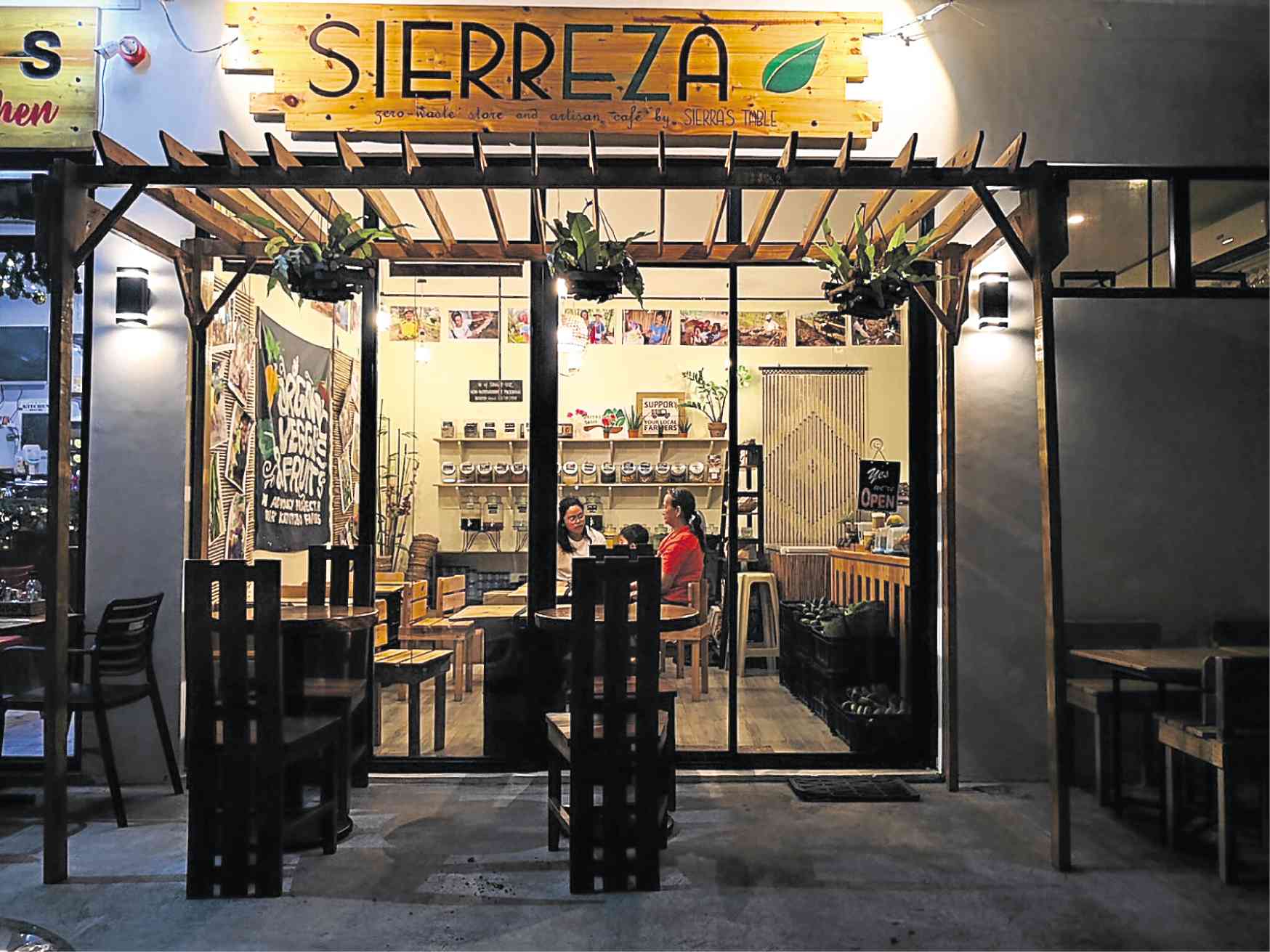Tiny organic store aims at ‘zero waste’
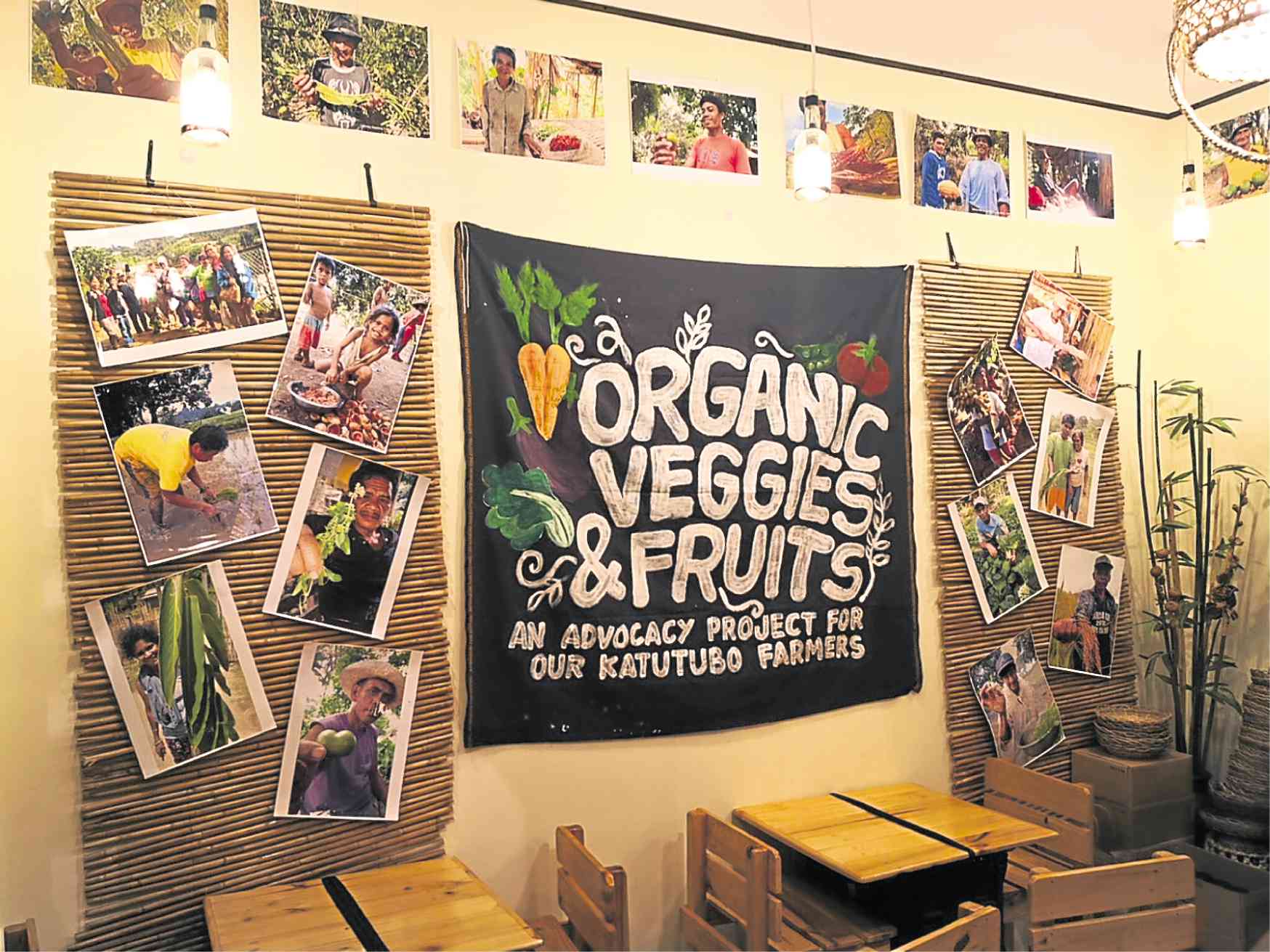
ORGANIC FOOD HUB Sierreza is an organic food hub that aims to teach its customers the value of zero waste.
LOS BAÑOS, Laguna — Food served at a small but vibrant store and café in this town comes with an added ingredient — the opportunity to help indigenous peoples and the environment.
Since its opening on Aug. 8, Sierreza, which could be the first “zero-waste” private venture in Laguna province, has counted 10,260 single-use, nonbiodegradable packaging “avoided” in four months’ time.
“As I explain to people, [hitting] zero waste is the goal,” said social entrepreneur Cherrys Abrigo, 34.
Going totally zero seems impossible for now, but “you try to [by] minimizing your wastes,” she said. “It could be a little inconvenient carrying your own containers [to the store], but in the long run, it’s [about making] the better, less wasteful choice,” Abrigo said.

Owner Cherrys Abrigo, a chemical engineer, likes to call the venture a “sari-sari” store with a twist.
So how did the store do it?
Sierreza joins the trend of selling organic fresh produce and serving healthy dishes. It combines the concept of the traditional “sari-sari” (variety) store where people can buy “tingi-tingi,” or in small amounts, versus bulk buying in grocery stores.
On display are bottles and dispensers with soy sauce, cooking oil, starch, vinegar, sugar, coffee and chocolate drink, and, yes, even shampoo, sold per gram.
Sierreza also offers its own natural tea and spices, such as powdered “malunggay,” ginger, turmeric, hibiscus and rosemary.
Dumagat farmers
People are encouraged to bring their own bottles for a “refill,” thus minimizing the so-called sachet culture of retail goods packed in nonbiodegradable sachets.
“In the groceries, you’re obliged to buy the whole [pack], even when you really don’t need that much,” Abrigo said.
Abrigo said the poor should not be blamed for the tingi practice. People, in many cases, cannot actually afford to buy in bulk, she noted.
While Sierreza carries several commercial brands, majority of its products and ingredients come from Dumagat farmers in Tanay town and Antipolo City, both in Rizal province, and in General Nakar town, Quezon province.
These communities are all in the Sierra Madre mountain ranges.
In February, the Inquirer featured Abrigo’s project with the Dumagat farmers growing organic vegetables, fruits and root crops.
The initiative was an offshoot of a 2016 project that Abrigo was involved in and funded by the United Nations Development Programme (UNDP) to train the communities on organic farming and stop the unsustainable “kaingin” (slash-and-burn) and illegal logging activities.
When the UNDP project ended, Abrigo, a chemical engineering graduate from the University of the Philippines in Los Baños, used her own savings to put up Sierreza in order to establish a steady market for Dumagat products.
She said she was moved when Tatay Abner, a Dumagat chieftain, died of kidney failure in June, basically because the tribe lacked access to hospital treatment.
“[The farmers] are very eager, suggesting we grow this and that [crop]. With already that level of confidence, you just couldn’t let them go,” she said.
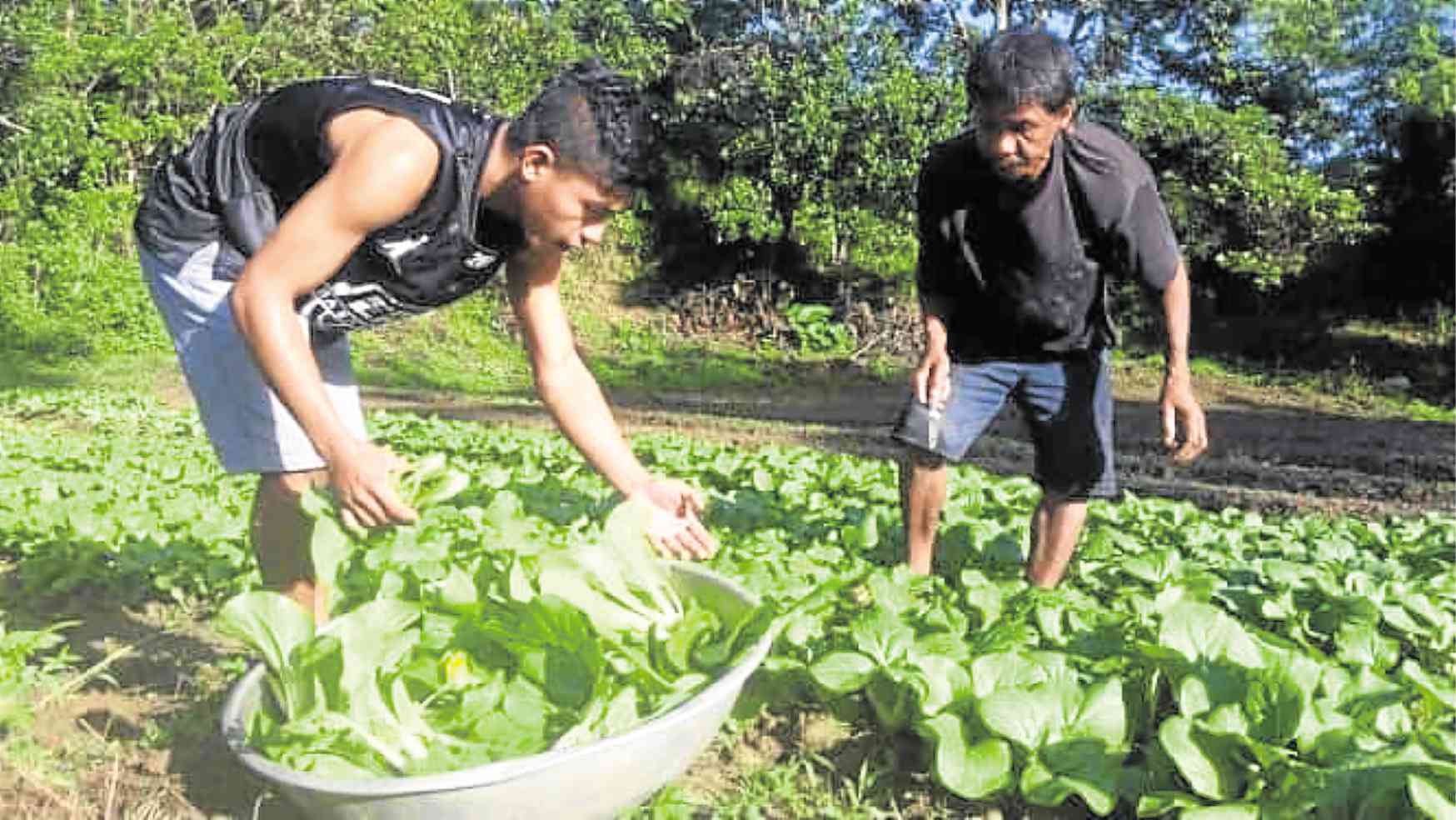
SUPPLIERS Dumagat communities supply organic vegetables and fruits grown in Sierra Madre to Sierreza in Laguna province.
Organic for the poor
Sixty families from Rizal supply the organic products and 25 from Quezon make the native baskets that Sierreza uses as plates in the café.
Among the interesting choices on its menu are the tamarind smoothie, chili coffee, mushroom “sisig,” and “putangher,” a Dumagat version of the “laing,” or cassava tops cooked in coconut milk.
According to Abrigo, the store keeps its prices low by not competing with prevailing market prices. Sierreza also adjusts its menu to available produce, putting no pressure on the farmers.
She said they also wanted to change the idea that organic and healthy diet or going zero waste was just for those who could afford it.
“If [going organic] is a fad, then it’s a good trend to surf with,” Abrigo said.
“But I think it’s more of a direction. I think people by now must have realized how our world is deteriorating, with all the microplastics in our food, and that we need to do something about it,” she added.
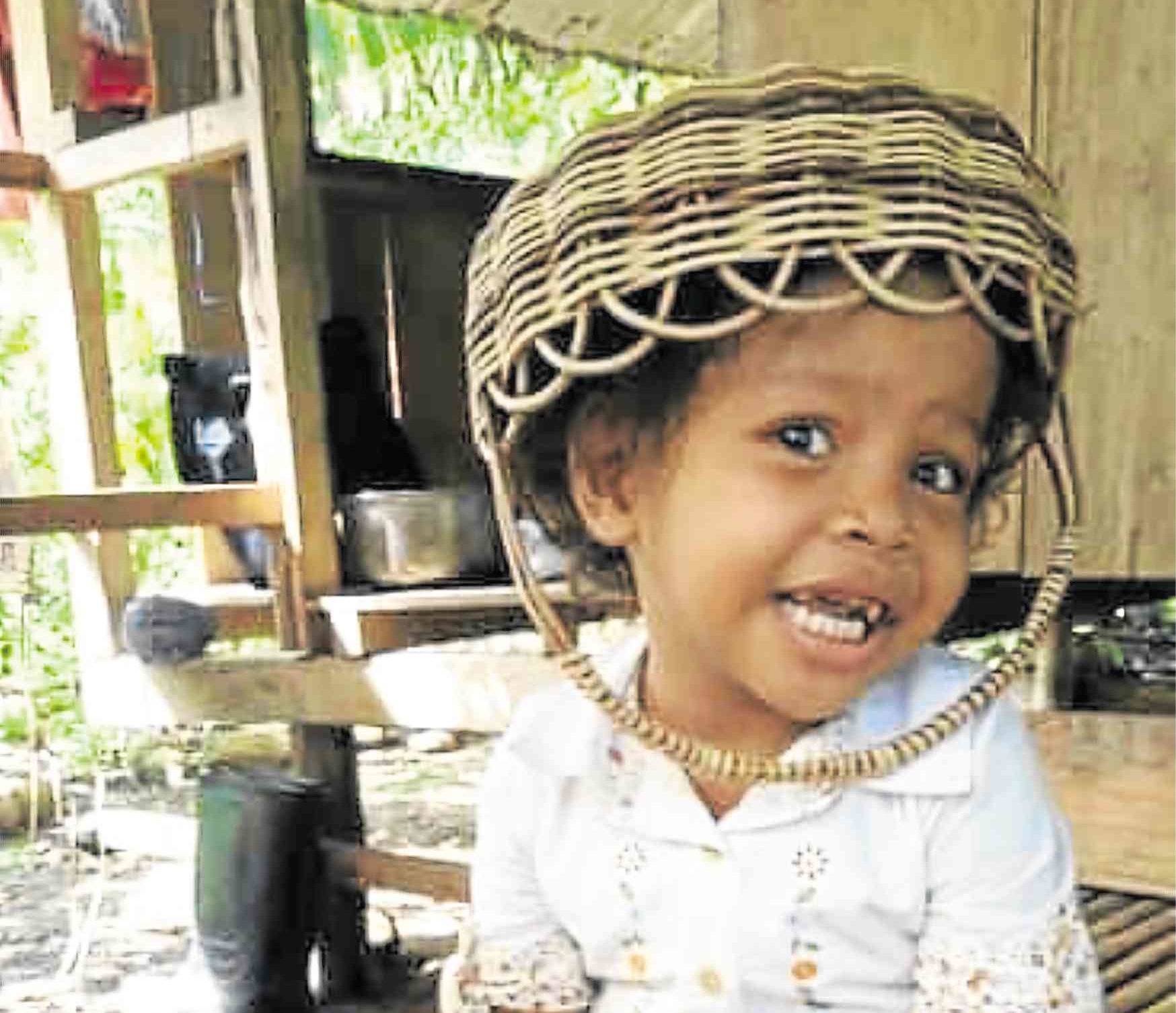
They also provide the store and café with native baskets and plates made from a local vine.
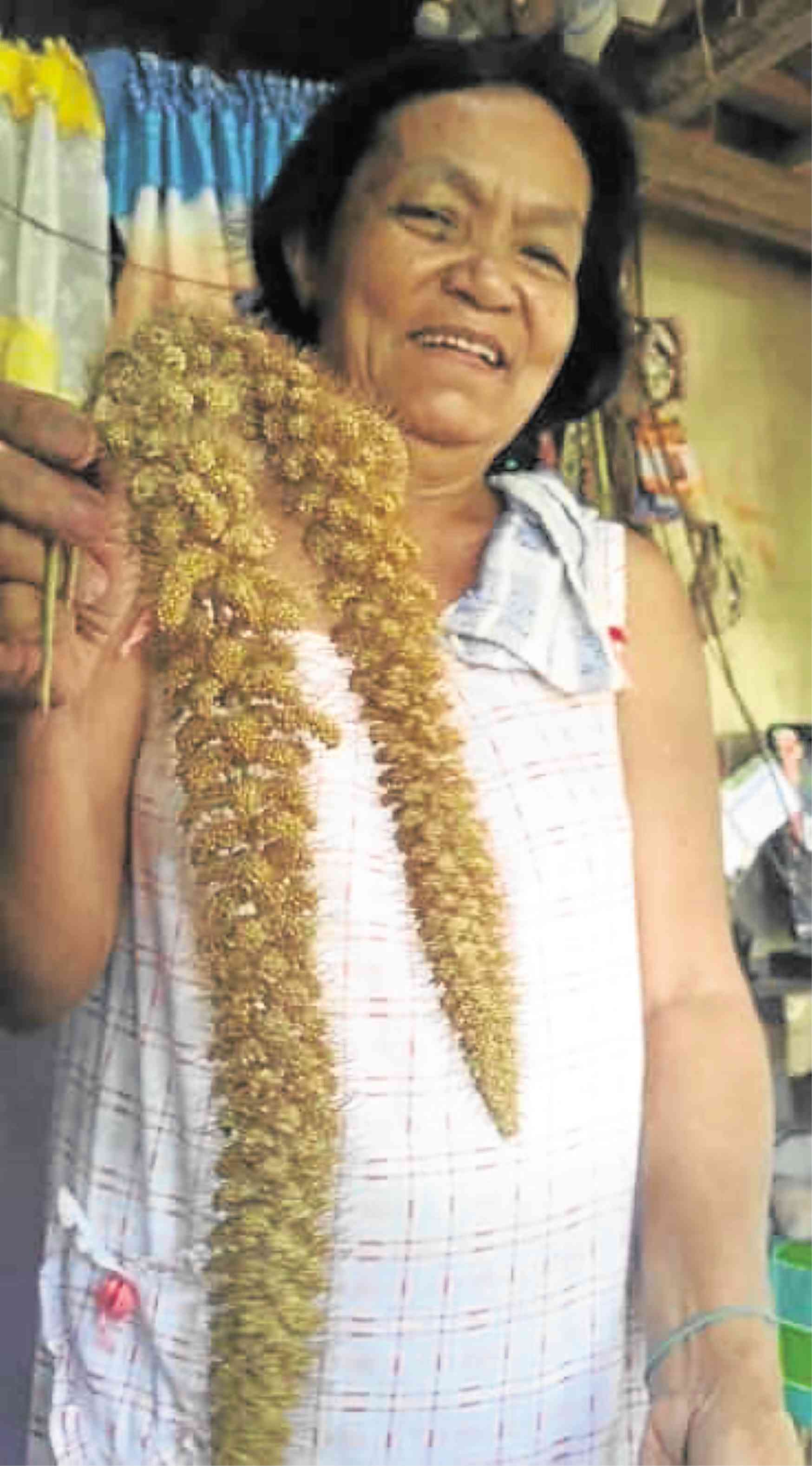
The Dumagat’s ancient grain, “dawa,” (center) will soon be served at the café. —CONTRIBUTED PHOTOS
